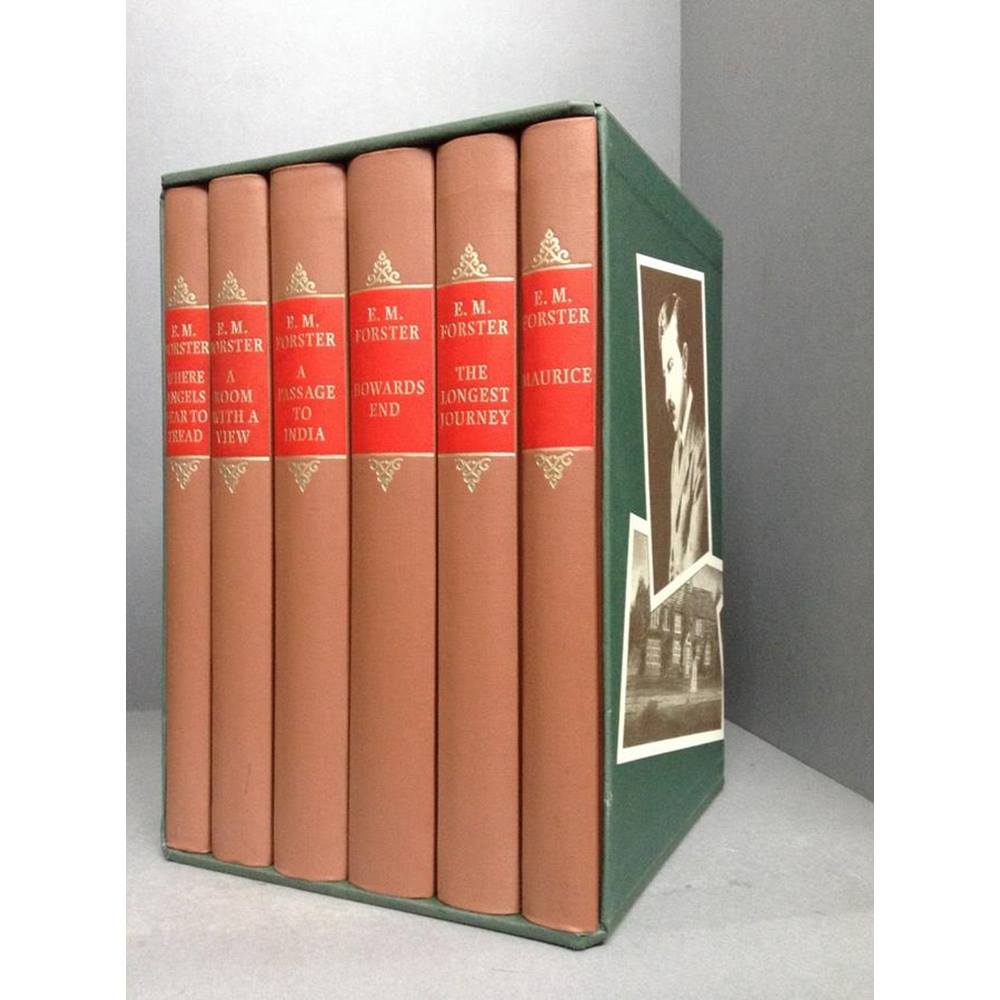
A., (two: in classics and in history) M.A.,Įdward Morgan Forster was an English novelist, short story writer, essayist and librettist. Instead he poses one of the book’s central questions: In a changing modern society, what should be the relation between the inner and outer life, between the world of the intellect and the world of business? Can they ever, as Forster urges, "only connect"? ( From Barnes & Noble.) In the Schlegels and the Wilcoxes, Forster perfectly embodies the competing idealism and materialism of the upper classes, while the conflict over the ownership of Howards End represents the struggle for possession of the country’s future.Īs critic Lionel Trilling once noted, the novel asks, "Who shall inherit England?" Forster refuses to take sides in this conflict.

Howards End is a symbolic exploration of the social, economic, and intellectual forces at work in England in the years preceding World War I, a time when vast social changes were occurring. Wilcox dies and her family discovers she has left their country home-Howards End-to one of the Schlegel sisters, a crisis between the two families is precipitated that takes years to resolve. The Wilcoxes are practical and materialistic, leading lives of "telegrams and anger."

The Schlegels are intellectuals, devotees of art and literature. Howards End is a classic English novel.superb and wholly cherishable.one that admirers have no trouble reading over and over again,' said Alfred Kazin. But it was Forster's next book, Howards End, a story about who would inhabit a charming old country house (and who, in a larger sense, would inherit England), that earned him recognition as a major writer.Ĭentered around the conflict between the wealthy, materialistic Wilcox family and the cultured, idealistic Schlegel sisters-and informed by Forester's famous dictum "Only connect"-it is full of tenderness towards favorite characters.

Throw away your etiquette book and listen to your heart. Forster considered it his 'nicest' novel, and today it remains probably his most well liked. The central character is a muddled young girl named Lucy Honeychurch, who runs away from the man who stirs her emotions, remaining engaged to a rich snob.

Published in 1908 to both critical and popular acclaim, A Room with a View is a whimsical comedy of manners that owes more to Jane Austen that perhaps any other of his works. Indeed, Forster's novels offer contemporary readers clear, vibrant portraits of life in Edwardian England.


 0 kommentar(er)
0 kommentar(er)
